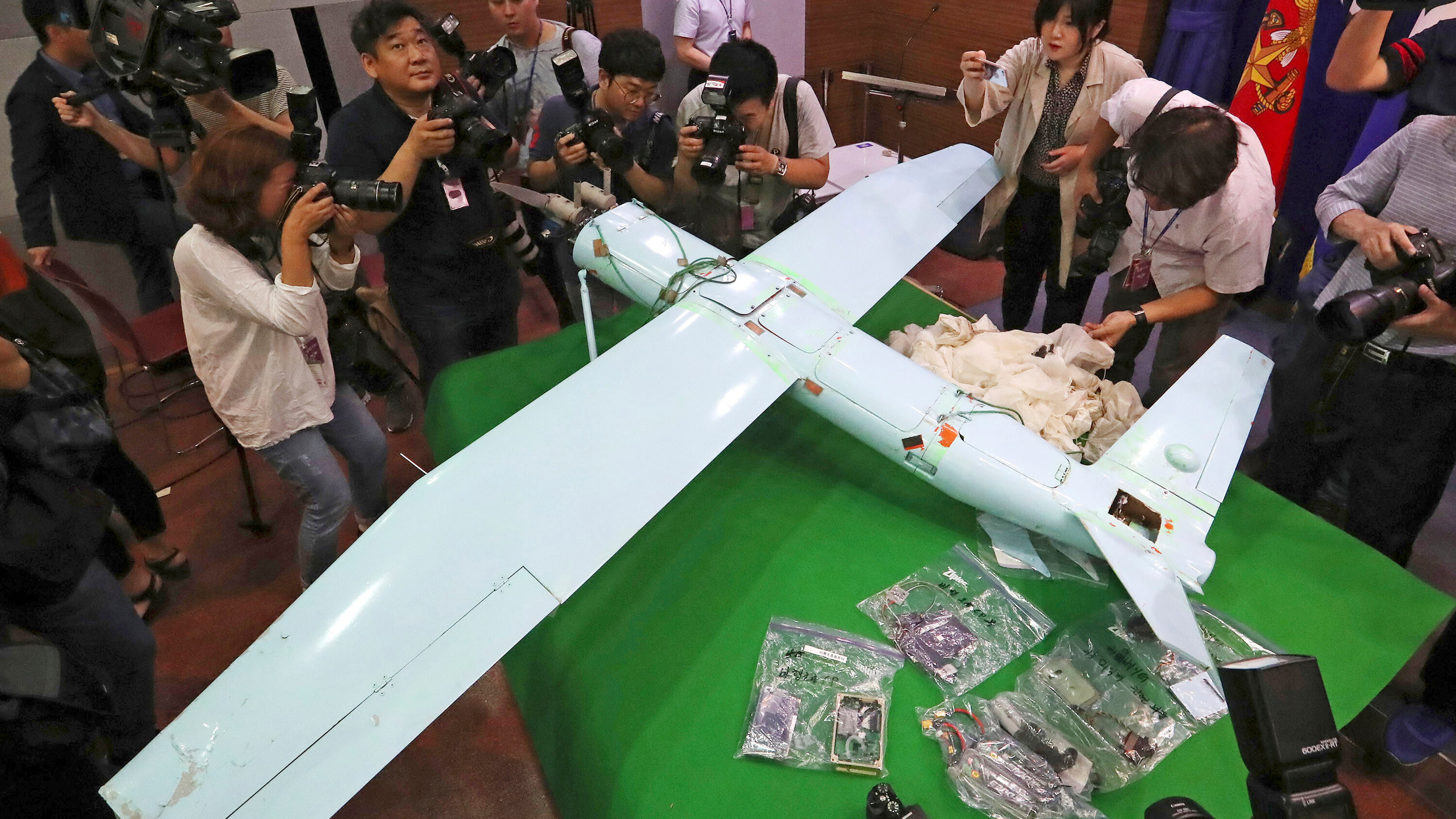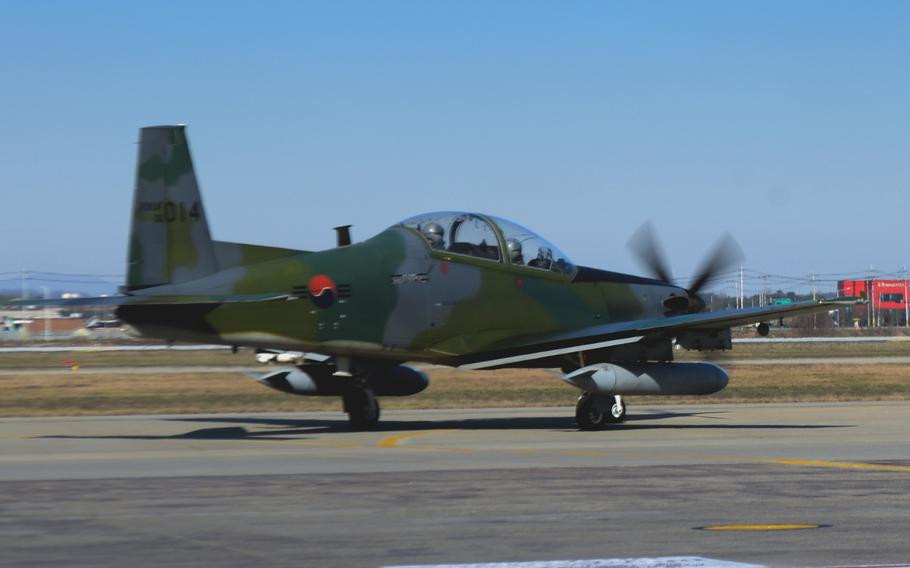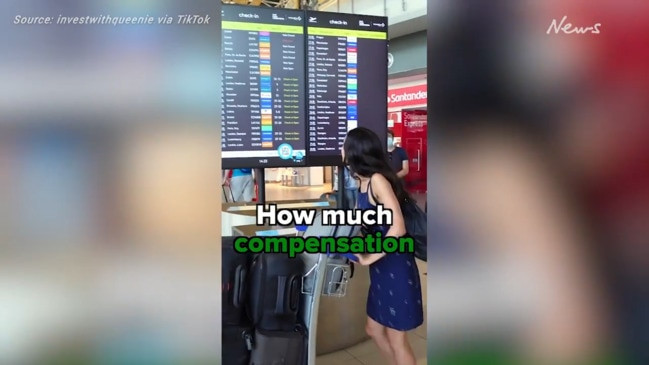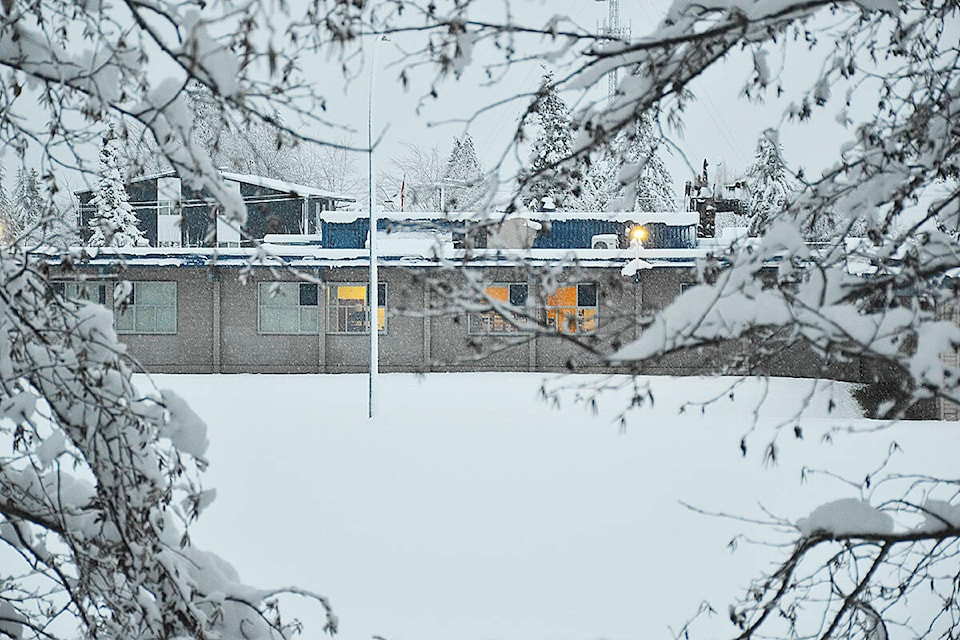Kim Yo-jong made the remark in a statement carried by the North's Korean Central News Agency, just a day after the reclusive regime floated trash balloons toward South Korea, claiming the South had sent unmanned drones over Pyongyang three times this month.
The ROK and DPRK are the acronyms for the official names of the South and the North, respectively.
Kim took issue with the South Korean military's stance that it “cannot confirm” the North's claims over the drones, saying the military's response essentially admits that it is accountable.
"Such attitude of neither denying nor admitting the case proves that the military admitted by itself that it is the chief criminal or accomplice of the current incident as a revelation of its mental state that it can admit the case, unable to deny it," she said.
She warned that South Korea should be prepared to pay the price for its “repeated provocations,” warning the “attack time” for destroying South Korea can happen at any time.
"That time is not set by us," Kim said. "The moment that a drone of the ROK is discovered in the sky over our capital city once again will certainly lead to a horrible disaster."
The North’s Reaction to Drone Flights
This image, released by North Korea's official Korean Central News Agency, shows a purported drone and a pack of leaflets that Pyongyang claims were sent by South Korea, Oct. 11. Yonhap
The North's state-run newspaper featured angry reactions from its citizens over the alleged flight of the drones on its front page Sunday, in an apparent effort to incite hostility toward the South.
The Rodong Sinmun reported that “millions of our people are boiling with unstoppable rage” and “roaring” with the desire for “merciless revenge.”
The newspaper quoted some residents as calling the South “puppet trash,” “scum” and “rats,” and wanting to “quickly turn the enemy's stronghold into a sea of fire.”
The newspaper also carried Kim's latest statement about the drones on the front page, a rare move considering that the North typically doesn't disclose its statements directed at the South or the United States to its own people.
The Tensions Between North and South Korea
The latest drone threat comes amid a series of escalating tensions between the Koreas. In June, a military agreement meant to reduce tensions was fully suspended over balloon incidents. North Korea launched thousands of balloons carrying paper waste, plastic, and other trash to drop on the South in retaliation against South Korean civilian activists who flew balloons with anti-North Korean propaganda leaflets across the border. The South’s military responded by using border loudspeakers to broadcast propaganda and K-pop to North Korea.
North Korea's sensitivity to any outside criticism of the authoritarian government of leader Kim Jong Un and his family's dynastic rule has fueled tensions between the two Koreas. In 2022, five North Korean drones crossed into the South, the first such incident in five years, prompting the South Korean military to fire warning shots and deploy fighter jets. The jets failed to shoot down any of the North Korean drones.
Tensions are further exacerbated by the increasing pace of North Korea's missile tests and the South's combined military training with the United States, all in a tit-for-tat escalation. The animosity has also been fueled by Cold War-style psychological warfare campaigns between the Koreas in recent months.
South Korean officials have been raising concerns that North Korea may seek to dial up pressure on Seoul and Washington ahead of the U.S. presidential election. Experts say Kim's long-term goal is to eventually force Washington to accept North Korea as a nuclear power and to negotiate security and economic concessions from a position of strength. In written answers to questions by the Associated Press this month, South Korean President Yoon Suk Yeol said North Korea is likely preparing major provocations around the U.S. election, possibly including a test detonation of a nuclear device or flight-test of an intercontinental ballistic missile, as it tries to grab Washington's attention.
The current situation raises serious concerns about the potential for further escalation and conflict on the Korean Peninsula. The international community is closely watching the developments and urging all parties to exercise restraint and pursue diplomatic solutions.
The Uncertain Future
The latest drone incident has cast a shadow over the already fraught relationship between North and South Korea. The future of relations between the two Koreas remains uncertain, with the potential for further escalation and conflict hanging in the balance. Both sides must prioritize dialogue and diplomacy to de-escalate tensions and find a peaceful resolution to the long-standing issues between them. The international community also has a crucial role to play in supporting these efforts and working towards lasting peace and stability in the Korean Peninsula. The path towards a peaceful future for the Korean Peninsula is paved with challenges, but it is ultimately a path that must be pursued.
The future of the Korean Peninsula remains uncertain. The current situation highlights the complex and delicate dynamics between North and South Korea, underscoring the urgent need for peaceful resolution and diplomatic engagement. The international community must continue to encourage dialogue and cooperation to reduce tensions and build a more secure and stable future for the Korean Peninsula.


















